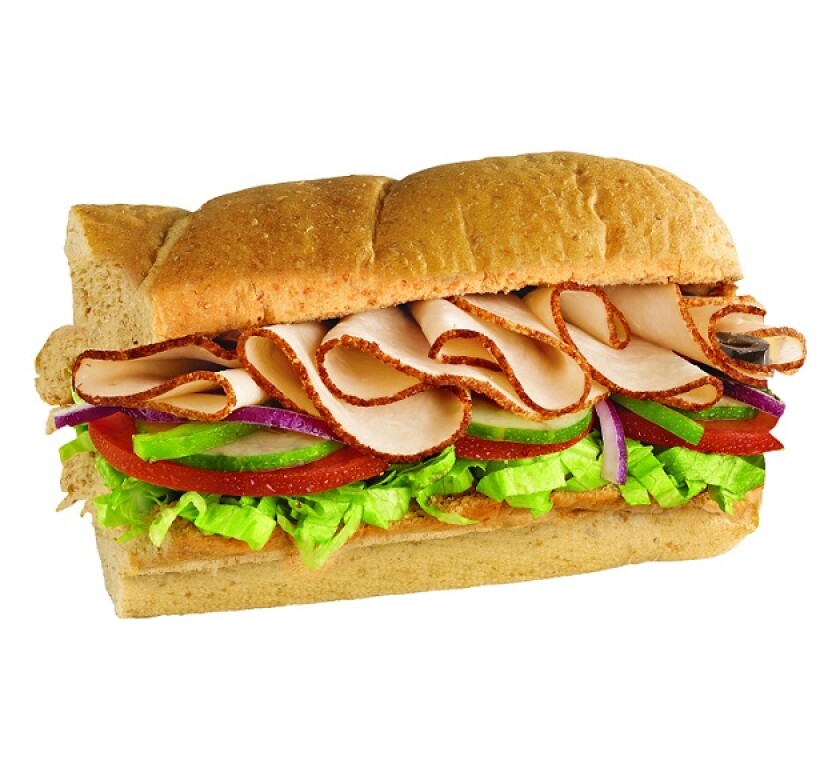At ITR’s Global Transfer Pricing Forum, Europe, companies shared how their transfer pricing (TP) strategies have been impacted by the coronavirus pandemic. In a poll, tax and TP directors said they have managed to keep their TP structures and value chains the same despite the impact of COVID-19.
However, it has led to some changes, such as expediting the digitalisation of the tax function. Although, this transition does come with its complications as tax departments are now focusing on fixing data quality issues with other departments, and improving access across systems.
Almost all in-house tax directors at ITR’s Taxation of the Digital Economy Summit 2020 are looking closely at how their data is organised before considering any bolt-on solutions to their ERPs.
At this year’s Digital Economy Summit, the OECD’s digital tax proposals were hotly debated and one EU policy advisor called on companies to engage more with EU leaders over its digital tax plans.
The call for more cooperation and communication came a few days before the European Commission announced its plan to strengthen customs processes across the 27-member bloc.
The Customs Union Action Plan, launched on September 28, has a four-pronged approach to making EU customs smarter, more innovative and more efficient over the next four years.
Meanwhile, the UK shocked retailers with changes to its VAT rules by withdrawing the VAT retail export scheme. The measure was passed without any consultation, leaving some large retailers in disbelief in what is another blow to a sector that has suffered significantly during the pandemic.
Subway’s bread is not bread
In Ireland, the Supreme Court’s decision that food chain Subway’s bread cannot be classed as bread because of its sugar content and therefore is not eligible for 0% VAT was a bitter loss for the appellants.
In the September 29 decision (Bookfinders Ltd vs. The Revenue Commissioners), Justice O’Donnell dismissed the appeal filed by Bookfinders, a franchisee of Subway, in a case that has been ongoing since 2006. The Supreme Court assessed whether prior rulings were correct to:
Decide that heated sandwiches were not subject to the 0% VAT rate;
Determine that the bread used in the sandwiches fell outside the statutory definition of bread; and
Find that the issue of fiscal neutrality did not operate to apply the 0% rate to Bookfinders’ sandwiches.
The court said the “bread supplied by Subway in its heated sandwiches has a sugar content of 10% of the weight of the flour included in the dough, and thus exceeds the 2% specified” in the Value Added Tax Act 1972. The court dismissed Brookfields’ arguments challenging this.
It also said the principle of fiscal neutrality can be engaged because hypothetical comparisons cannot be used. Furthermore, the court said the argument does not stand because the product or item which is chargeable to VAT is not the bread component, but rather the heated sandwich in its entirety. It added that it is not necessary to seek a reference to the Court of Justice at the European Union on the point of fiscal neutrality.
A trying time for India
There have been several tax developments in India over the past week, covering a range of areas.
The week started with Vodafone’s win against the Indian Income Tax Department after more than a decade of court battles. The case was finally decided at the Permanent Court of Arbitration (PCA) in The Hague on September 25.
The decision ends the tax battle that started when the UK telecommunications company purchased a 67% stake in Hutchison Whampoa for $11.2 billion in 2007. Vodafone was also awarded a reimbursement of some of its legal costs and tax paid by the court, which has to be paid by the Income Tax Department.
The court decision helps investors who were seeking tax certainty before investing in the country.
However, some local media reports have suggested the Indian government may challenge the PCA’s decision in the Singapore Court of Arbitration. In addition, some reports suggest Vodafone may be forced to claim the compensation that PCA awarded it through the Indian courts because the tax authority is likely to avoid making the payment.
Meanwhile, India also launched its e-invoicing requirements for business-to-business transactions on October 1. Taxpayers earning an aggregate turnover in 'any' preceding financial year from 2017-18 onwards that exceeds INR 5 billion ($68.2 million) has to comply with the e-invoicing rules, which includes exporting invoices.
There is some relaxation to the rules for invoices issued in October 2020 that waives penalties under section 122 of the Central Goods and Services Tax Act 2017.
On 17 September 2020, Saudi Arabia’s General Authority of Zakat and Tax (GAZT) has also issued draft amendments to the VAT Implementing Regulations to introduce e-invoicing in the Gulf country. The consultation period is open until October 17 2020 and advisors have recommended that businesses do not wait to prepare their digital accounting systems.
Also, in the Gulf region, Oman implemented country-by-country reporting as of September 27 2020. The rules apply to financial years beginning on or after January 1 2020 and the first notification deadline is December 31 2020 for multinational groups whose financial year ends on that date.
Next week in ITR
Next week, ITR will publish its follow-up coverage to the Global Transfer Pricing Forum, Europe.
We will also be sharing the views of US tax directors on the benefits and pitfalls of the Coronavirus Aid, Relief, and Economic Security Act (CARES Act), and how companies are reorganising their tax practices amid COVID-19.
There will also be a focus on Indian developments, looking at how multinationals are dealing with India's e-invoicing soft landing period and how India’s reaction to Vodafone’s win in the tax case will impact the pace of foreign business investment.











